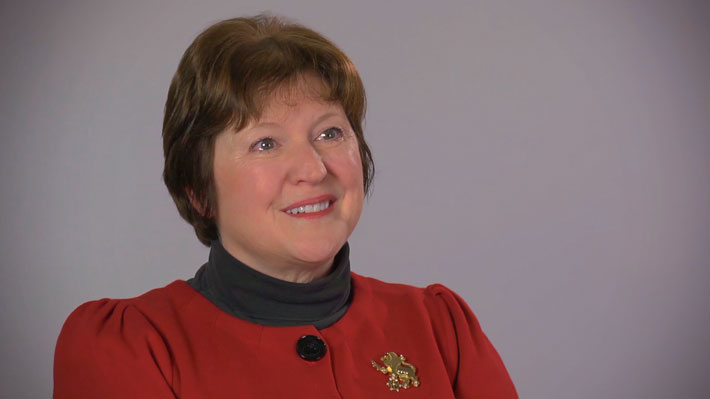David Harris

No Lawyer Needed! Ethical Wills Help Communicate Values to Loved Ones
Family, community, responsibility.
Those three words are the pillars of Edie Rau’s beliefs and serve as the thesis statement for her ethical will. “An ethical will has nothing to do with your finances,” she explained. “You don’t need a lawyer. It doesn’t mean who you’re leaving your money to or have anything to do with your worldly possessions. It has to do with your values. How you feel about things and what you want your descendants to know about how you feel about things.”
Traditionally, an ethical will is a letter written by you to your loved ones, in which you share where your values come from, how they inspire your actions, and how those values can be used to guide others. It differs from a material will in that it does not deal with your assets or money and does not have to be completed under any legal guidelines. “It’s really to have a last opportunity to share your values, and wishes,” said Emma Chaney, Development Officer Planned Giving & Endowments at the Jewish Federation of Cincinnati. “It also gives you, the writer, an opportunity to reflect back on the organizations that are important to you, and what your legacy to the community will be.”
Edie is a longtime volunteer in Cincinnati’s Jewish community and had been thinking about writing an ethical will for a while. When she found out the Federation was offering an opportunity to learn about ethical wills and how to get started on creating one, she jumped at the opportunity.
“They had us come up with three things that were important to us—three words. Then I started writing about those three words. After the session, I put my notes in a pile and kind of forgot about it, until recently, when I finished revising it. Then I typed it out on the computer and printed it on some nice paper.”
Edie and her husband Allen have created a legacy gift to help ensure the community remains vibrant for future generations. “I mentioned our gift in the ethical will, so our children will know why we are choosing to continue to support the community, even when we are gone. The way we see it, all Jews are responsible for one another. I’ve been fortunate that I’ve always been able to give my money, and to be involved, because when you become involved in something, you become more passionate about it. If you don’t, then why are you even doing it?”
When asked what formed her values, she pointed to her family and a story her mother used to share. “It was the 1930s, and a man knocked on my grandparent’s door, asking my mother and her sisters for money. They were annoyed and sent him away. At the same time, my grandfather was pulling into the driveway and saw what happened. When he got in the house, he asked them who had been at the door. They told him that it was someone asking for charity, and he told them, ‘Don’t you ever send somebody away who comes to our door asking for tzedakah.’ It’s something my mother never forgot, and it’s a story that reminds me of why I give back to the community.”
Edie plans on revisiting the document every few years and updating it. “I’ll keep the old copies with the dates, just to see how my thinking has evolved over time, but basically my ethical will highlights the things that have always been important to me. Family, community, responsibility. Community and responsibility to me kind of go hand-in-hand because if you care about your community, then you have a responsibility to that community, be it through monetary means or by giving your time.”
She said the tricky part now is deciding on the right time to share the document with her sons. “I don’t want to wait until I’m dead, although some people do. There are some things that I think I’d like them to know now,” and then she added jokingly, “Although, if I did my job right as a mother, they should know most of what’s in there already!”
Thanks for caring about our community and what we do.
Stay connected: sign up for our newsletter here.

